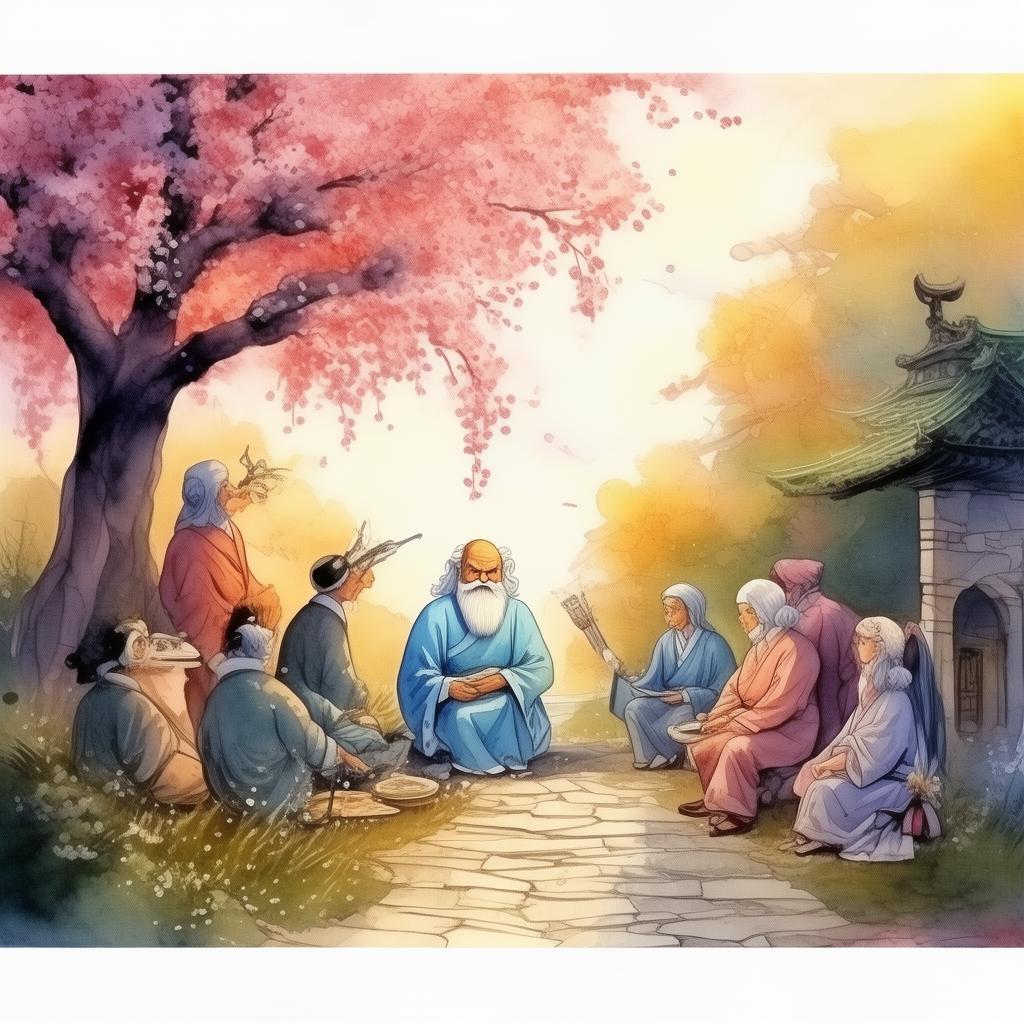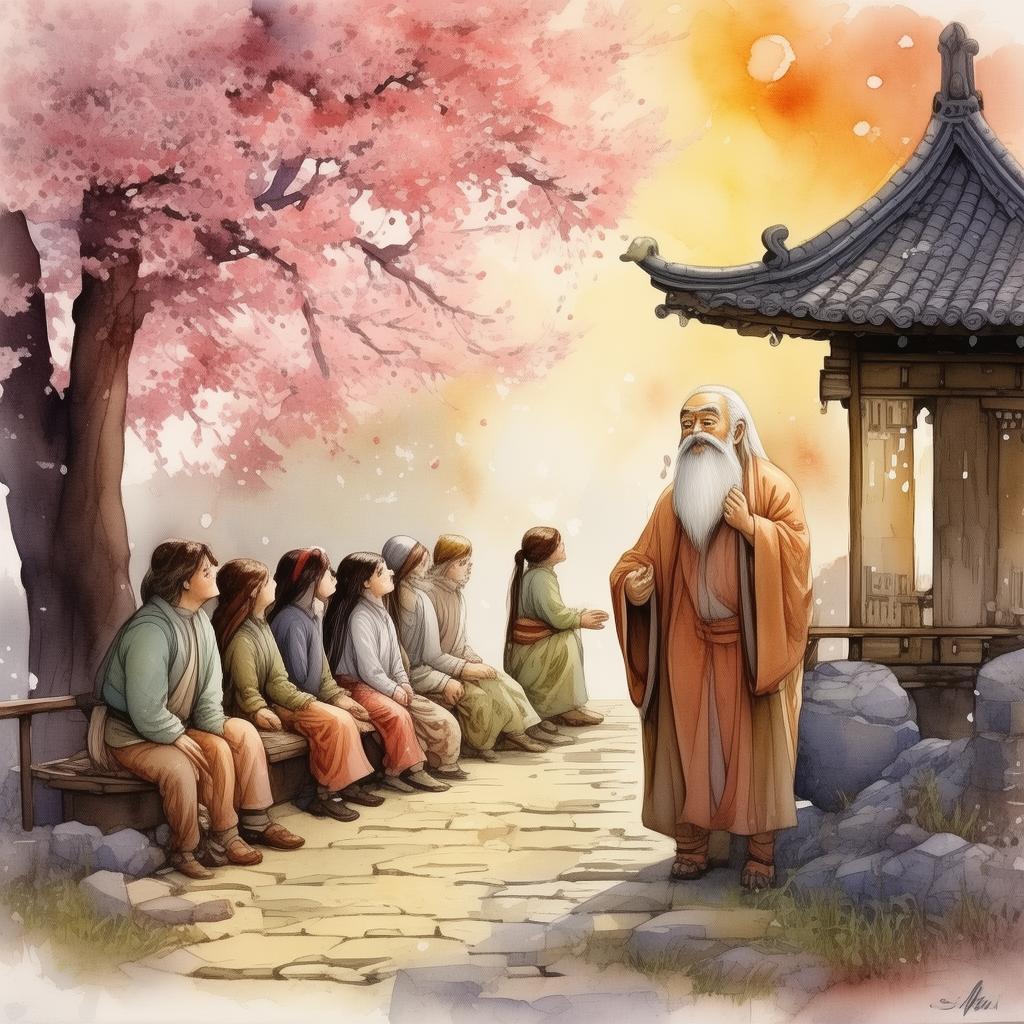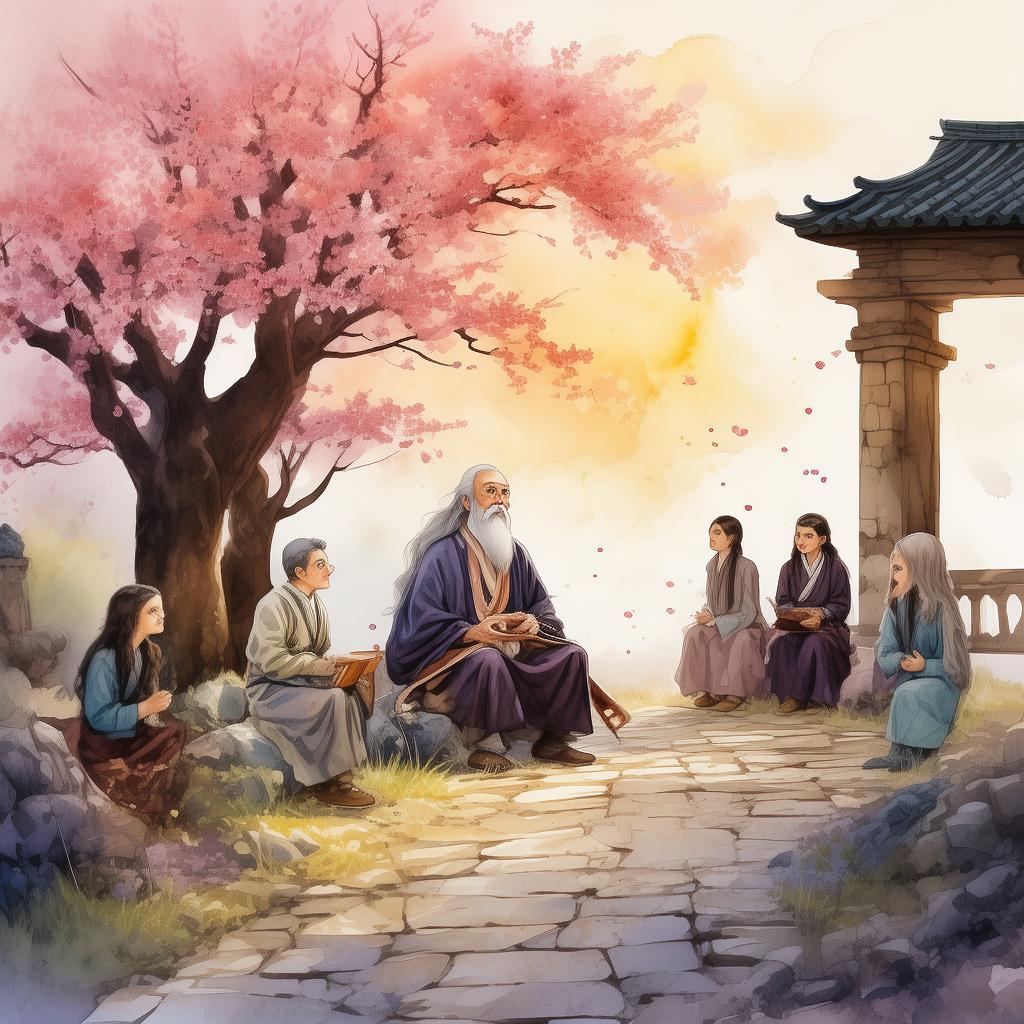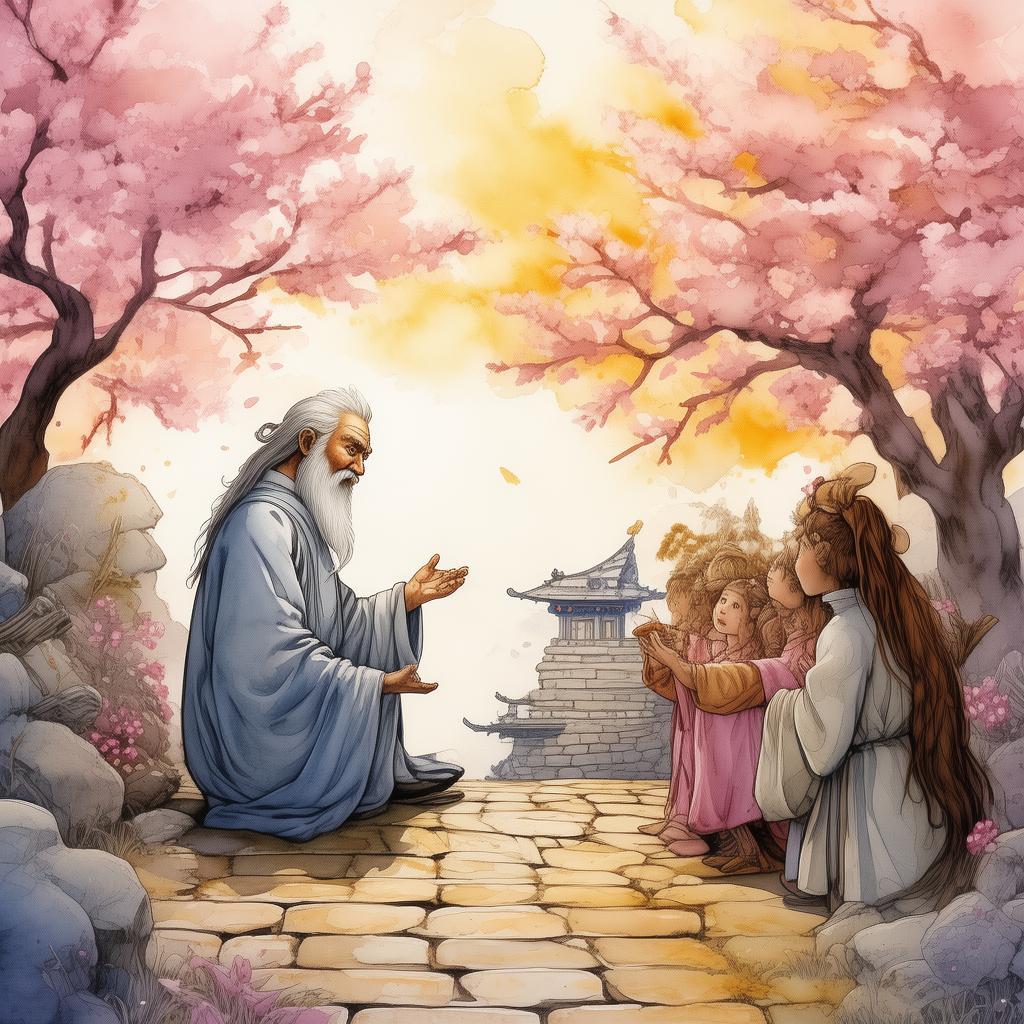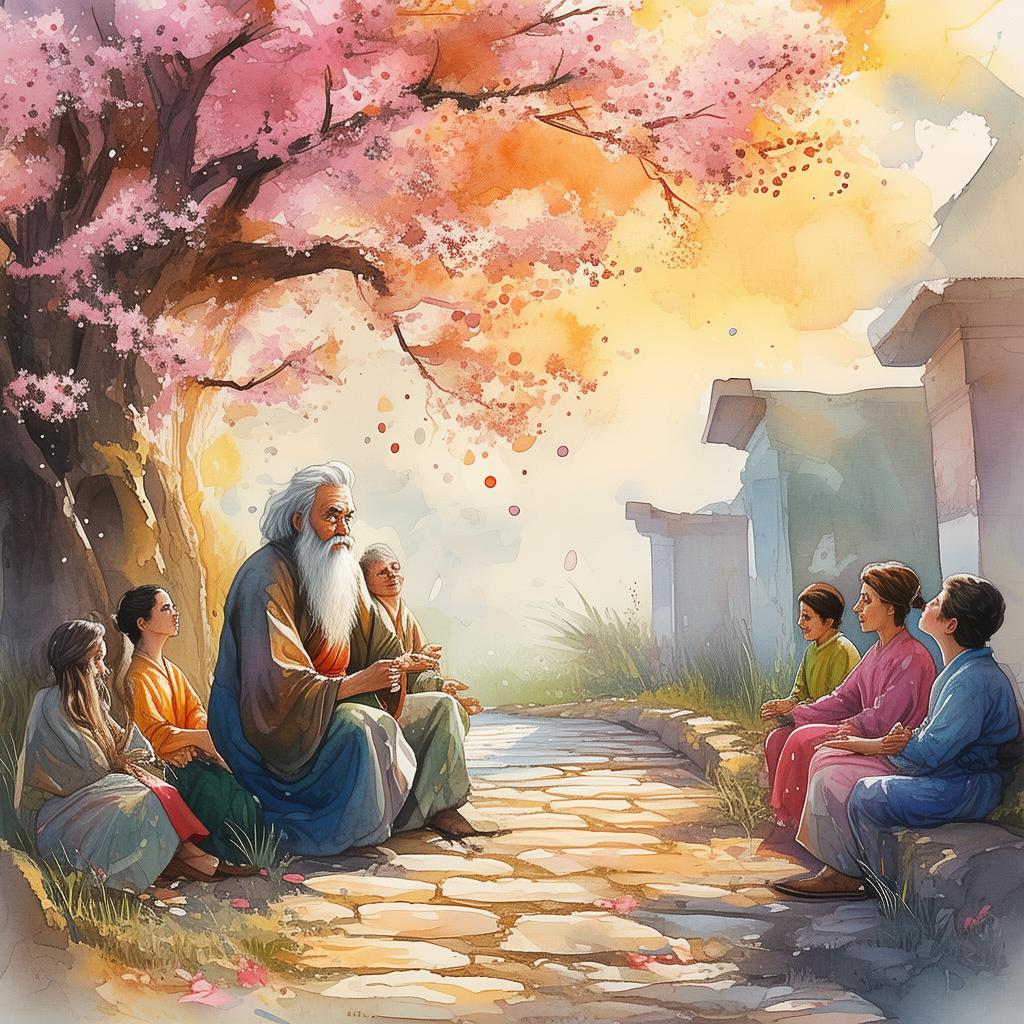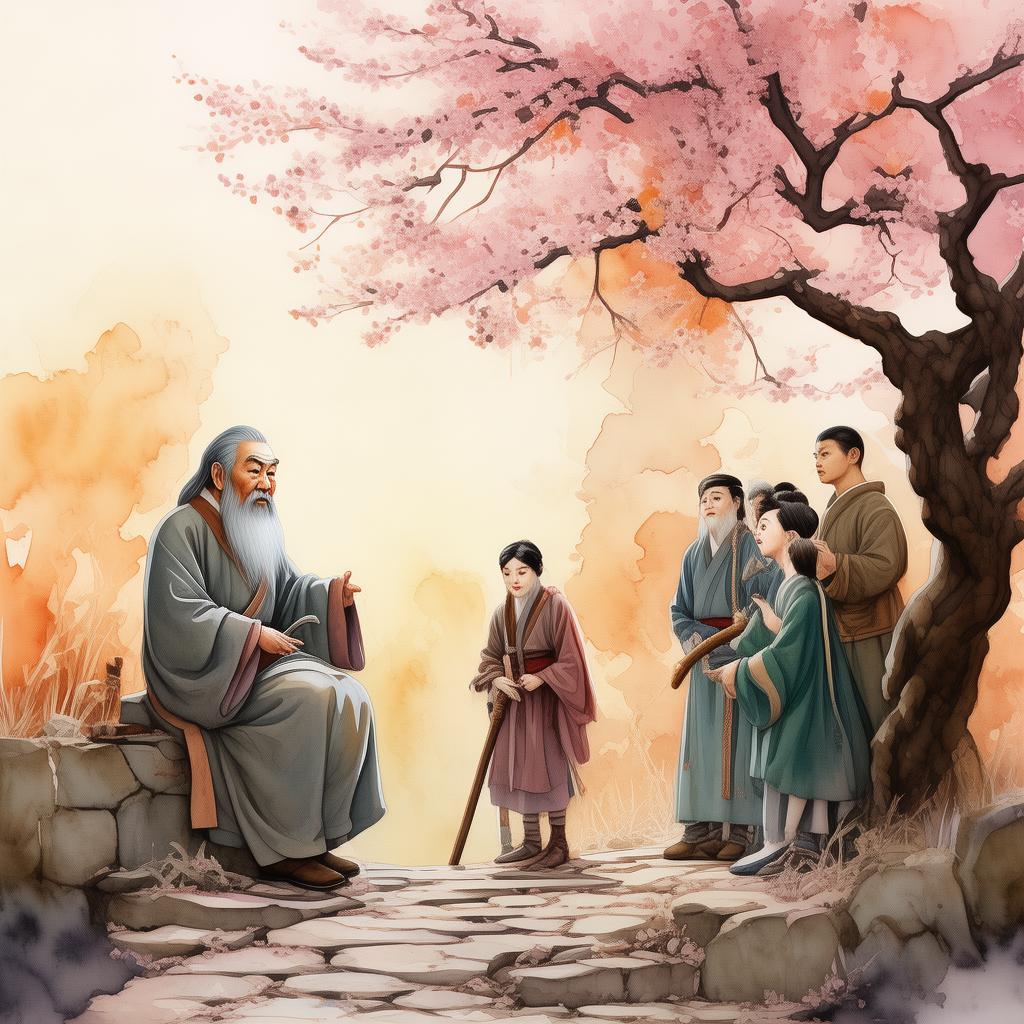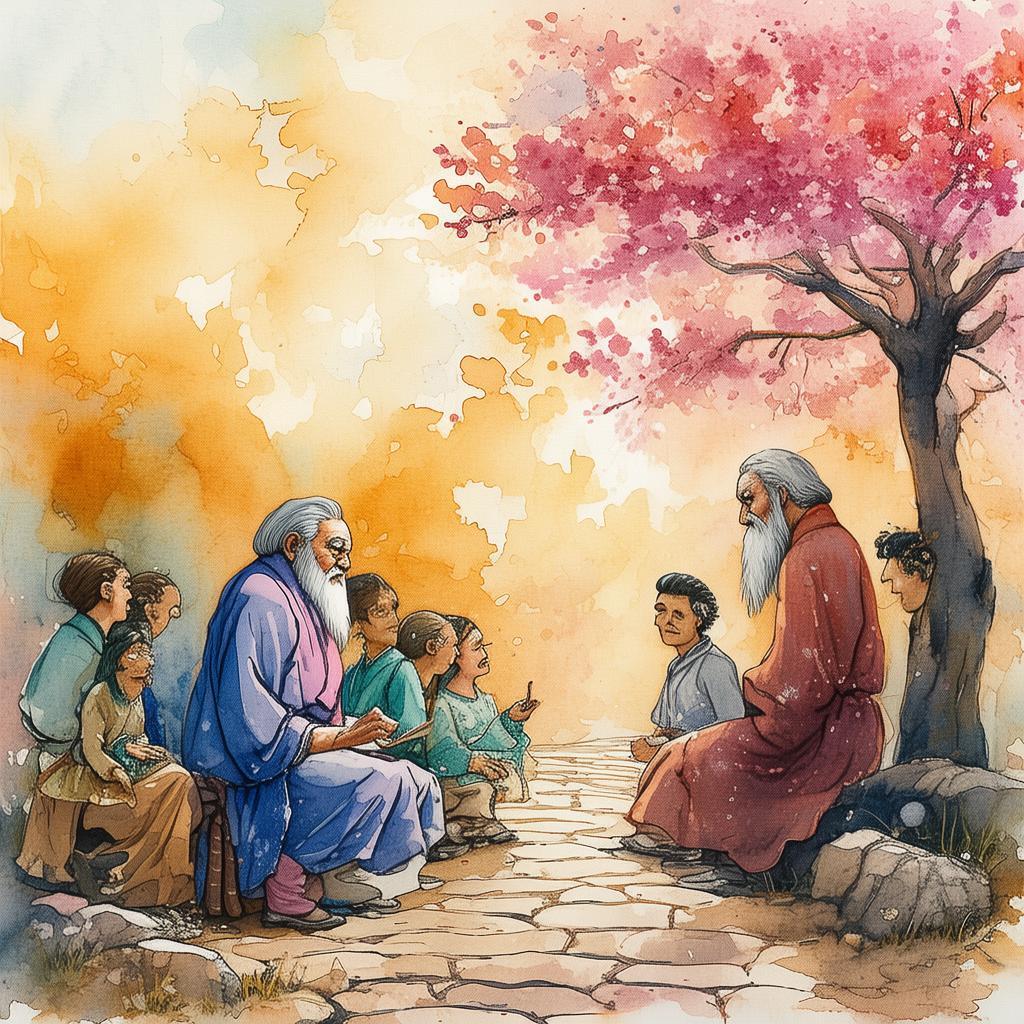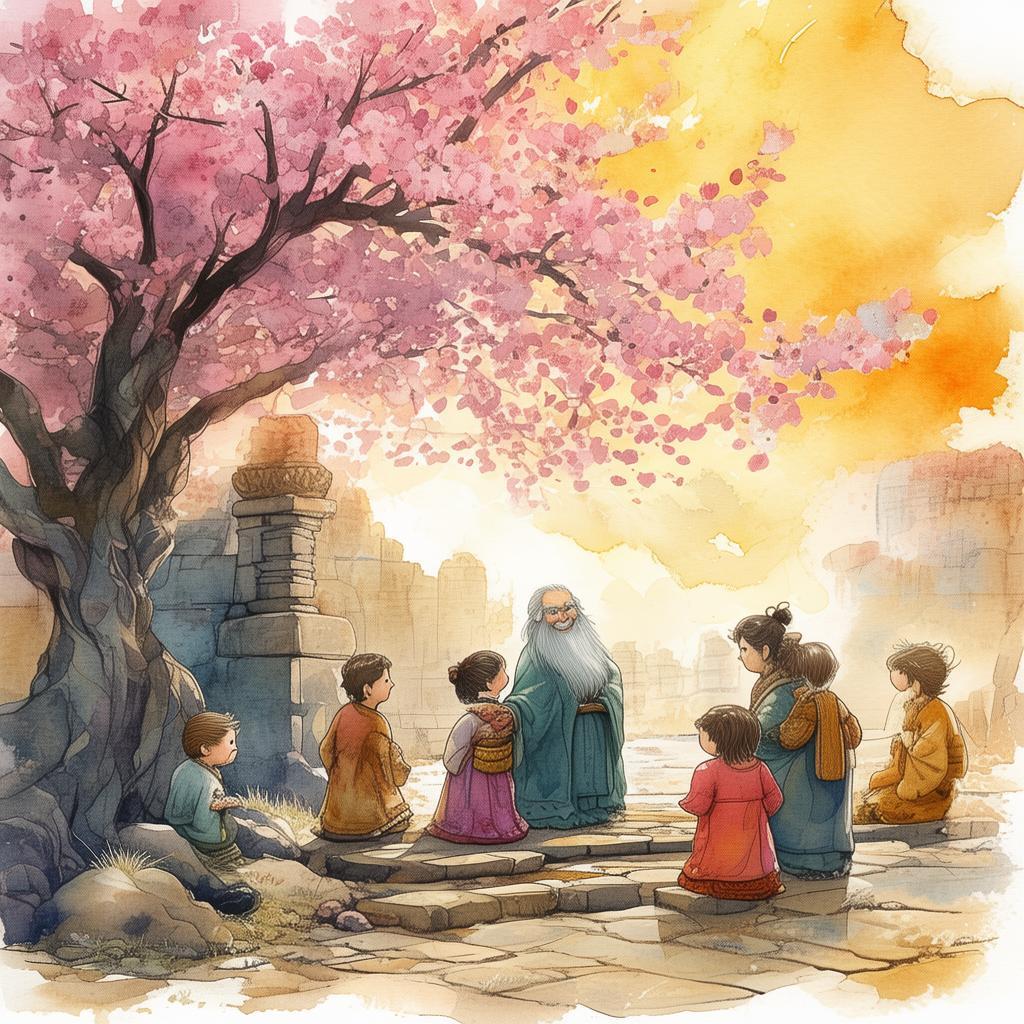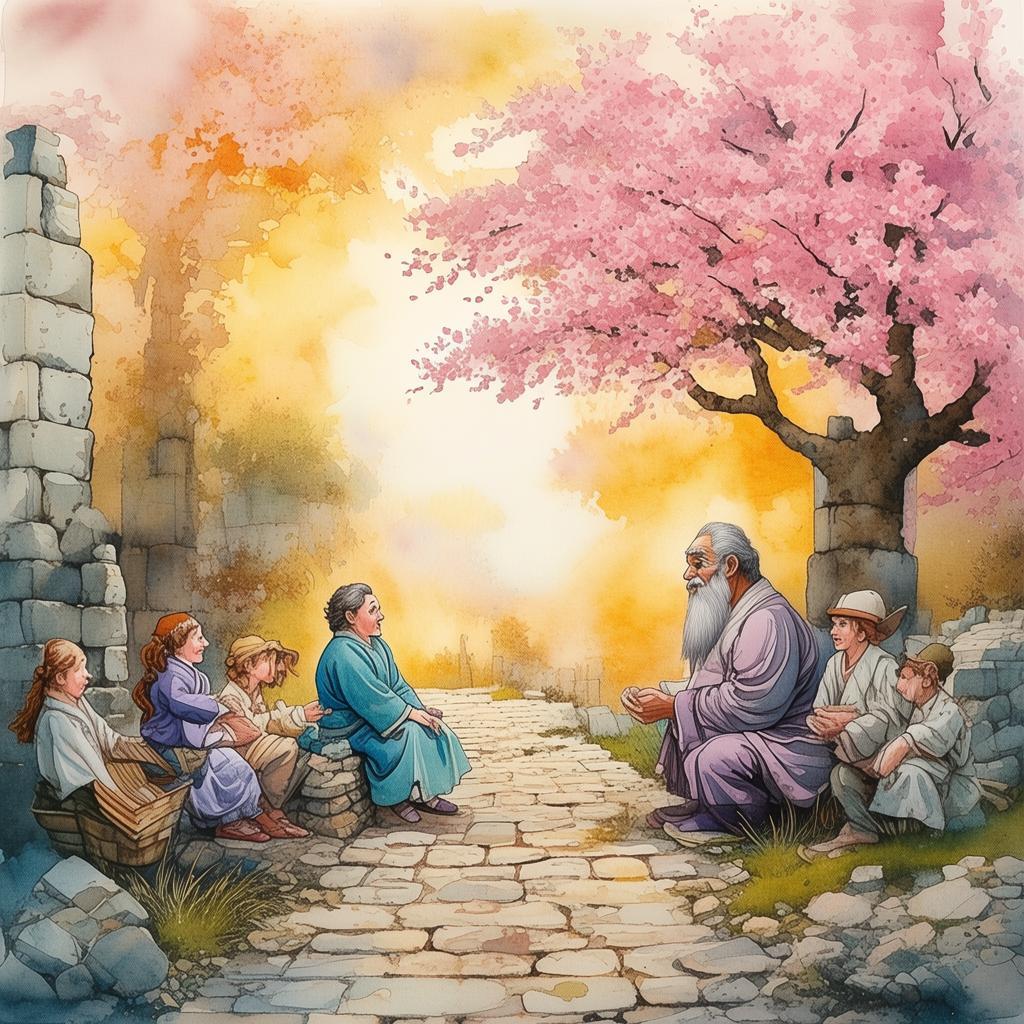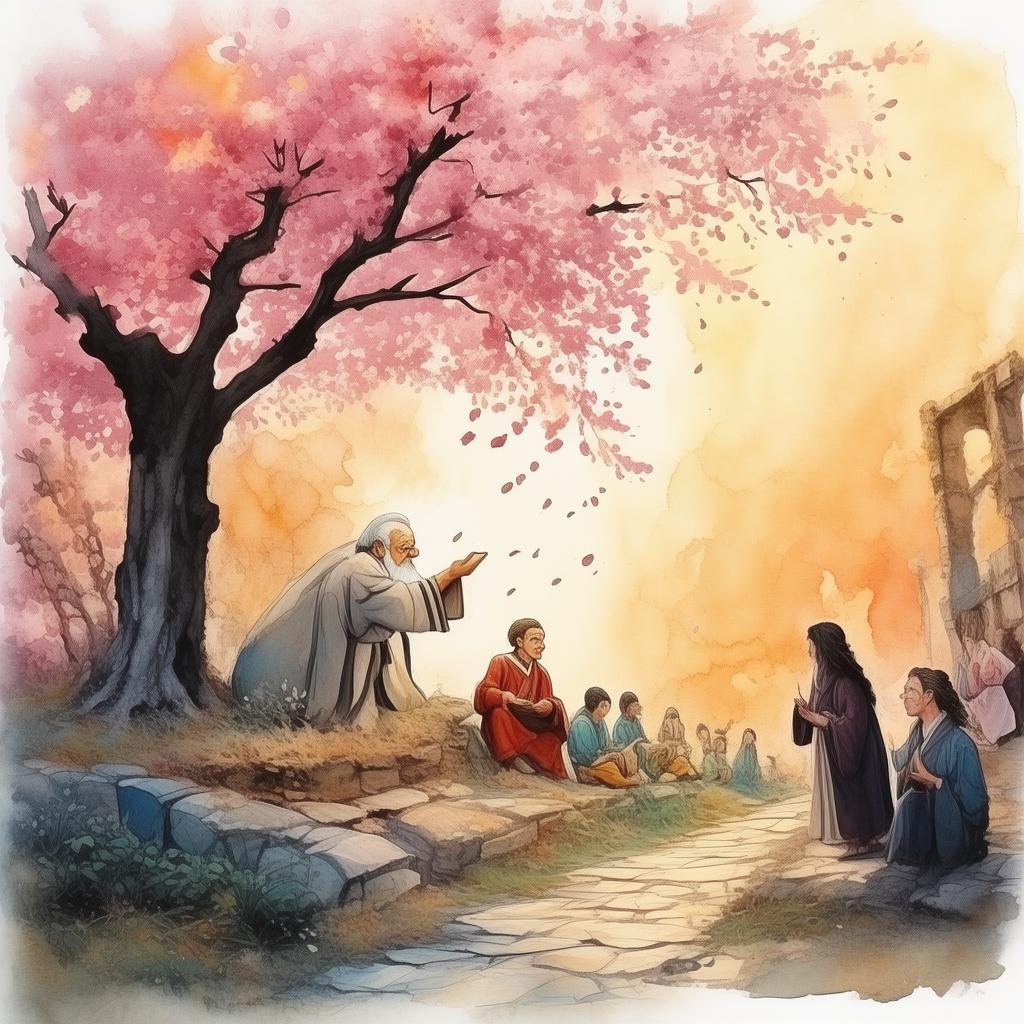The Corpse's Melody: A Haunting Resonance
In the ancient city of Jingzhou, there was a renowned composer named Lao Li. His music was said to have the power to move mountains and quell the wildest of storms. Lao Li's life was a symphony of creativity, but as he approached the twilight of his years, his body succumbed to illness. His final days were spent in a dimly lit room, his fingers tracing the keys of his piano, composing what would become his magnum opus—a symphony for the afterlife.
As Lao Li passed away, his symphony was played for the first time. It was a haunting piece, filled with a mix of sorrow and beauty that seemed to echo through the very walls of the room. The music was unlike anything anyone had ever heard before. It was as if the soul of the composer had woven itself into the melody, and now it was reaching out to the living, inviting them to join him in the afterlife.
The city was abuzz with whispers of the ghostly symphony. Some believed it was a sign of Lao Li's unfinished business on Earth, while others thought it was the spirit of the composer seeking companionship in the afterlife. Among the listeners was a young musician named Mei, whose own life was filled with turmoil. Mei had lost her parents in a tragic accident and had since been drifting through life, her music becoming a mere echo of her former self.
One evening, as Mei wandered through the streets of Jingzhou, the haunting melody of the ghostly symphony caught her ear. She followed the sound to an old, abandoned concert hall where the symphony was being played once more. The hall was filled with the ethereal notes, and Mei felt an inexplicable connection to the music. As she listened, she felt a strange warmth envelop her, as if the composer's spirit was reaching out to her.
Mei approached the piano and began to play. Her fingers danced across the keys, mimicking the haunting melody, but something was different. The music seemed to take on a life of its own, and Mei found herself transported into a world where the lines between life and death blurred. She saw visions of Lao Li, his eyes filled with a deep sadness, and she realized that he was not just a spirit seeking companionship; he was also a soul in need of redemption.
Mei spent days and nights in the concert hall, her fingers becoming one with the piano, her heart one with the composer's spirit. She began to understand the true meaning of the symphony, which was not just a farewell to life but a testament to the enduring power of love and forgiveness. As she played, the music grew stronger, and Mei felt a profound sense of purpose.
One night, as Mei played, she felt a sudden jolt. The music reached a crescendo, and she saw Lao Li standing before her, his face alight with gratitude. "You have freed me from my sorrow," he said. "Now, I can move on to the afterlife, knowing that my music will live on through you."
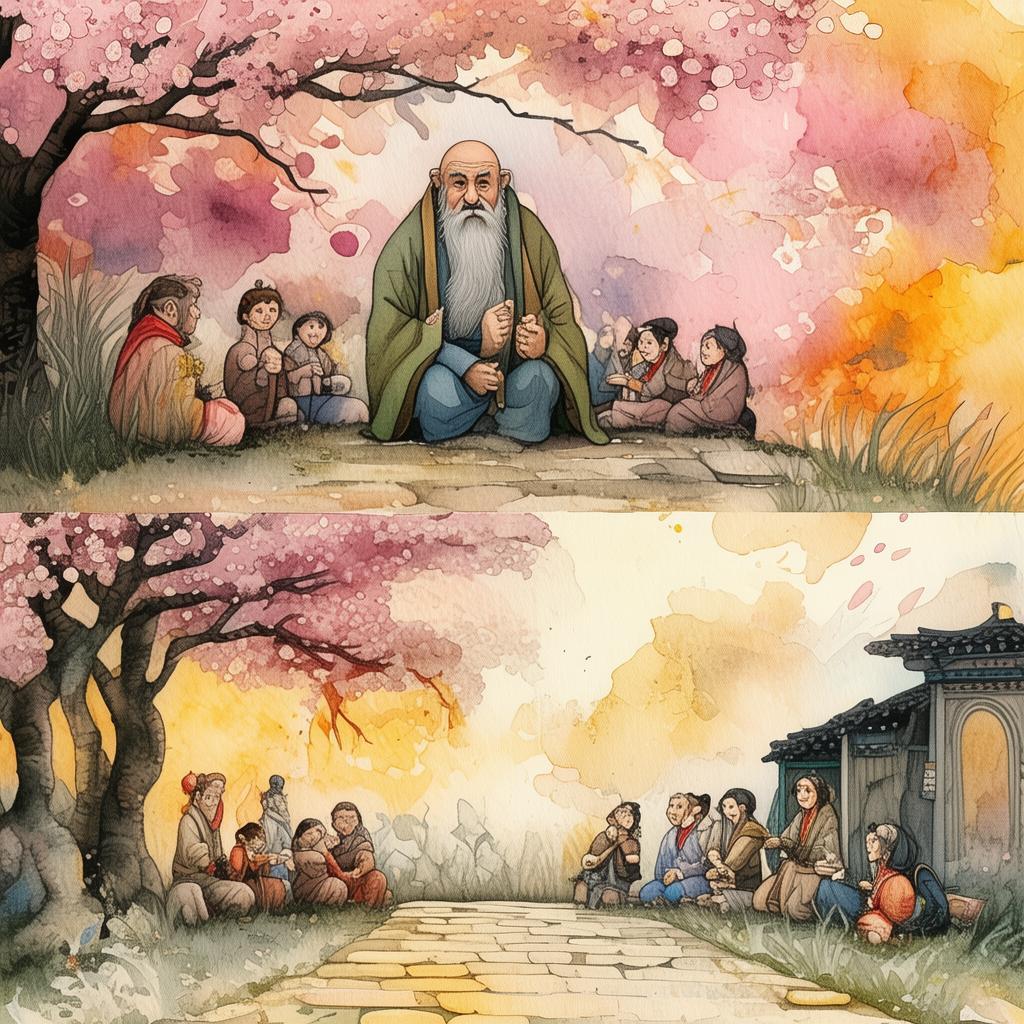
Mei nodded, her eyes brimming with tears. She knew that Lao Li's spirit had found peace, but she also realized that her own life had changed forever. She had found her calling, and with it, a newfound sense of purpose.
As the days passed, Mei's music began to transform. It was no longer just an echo of her former self; it was a reflection of the profound experience she had with Lao Li's spirit. Her performances were filled with emotion, and the audience felt the same connection that Mei had felt with the ghostly symphony.
One evening, as Mei played in the same concert hall where she had first heard the haunting melody, the audience was captivated. They felt the warmth of Lao Li's spirit, and they understood the true power of his music. As Mei played the final note, the hall was filled with a profound silence, followed by a standing ovation.
From that night on, Mei's music was imbued with the spirit of Lao Li, and it resonated with the living and the dead alike. She had become a bridge between the worlds, a testament to the enduring power of love, forgiveness, and the soul's journey through life and death.
The story of Mei and the ghostly symphony spread far and wide, and it came to symbolize a forgotten Chinese proverb: "The music of the soul is the voice of the spirit." It was a reminder that even in the face of loss and sorrow, the spirit of love and creativity can triumph, transcending the boundaries of life and death.
✨ Original Statement ✨
All articles published on this website (including but not limited to text, images, videos, and other content) are original or authorized for reposting and are protected by relevant laws. Without the explicit written permission of this website, no individual or organization may copy, modify, repost, or use the content for commercial purposes.
If you need to quote or cooperate, please contact this site for authorization. We reserve the right to pursue legal responsibility for any unauthorized use.
Hereby declared.
